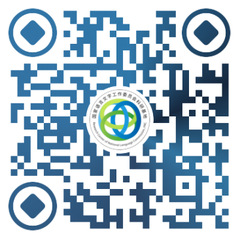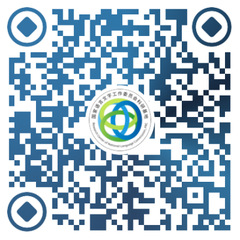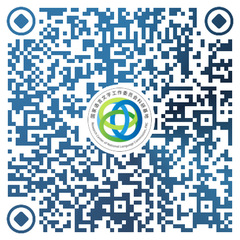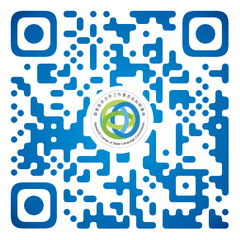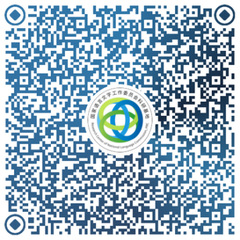JOAN A. ARGENTER
Abstract
An ethnographic approach to language aims at explaining the organization of a verbal culture, understood as the result of speakers' practices and agency. The instrument of this research is fieldwork. For the verbal cultures of bygone societies, only examination of written records helps us to guess how speaking worked at the time. This general issue is addressed by scrutinizing a medieval Catalan chronicle. Ethnographic and pragmatic concepts are projected backward on data informative on face-to-face communication and the interactional construction of a social order. Speakers' rights and obligations, their metalinguistic and metapragmatic management of verbal resources (genres, texts, codeswitching), and the link between linguistic management and ideologies are uncovered. The article focuses on the relationship among evidence, knowledge and reporting of events, and the production and reproduction of authority in Catalan medieval society, as well as the different types of responsibility in discourse and their patterns of social distribution. Concentration is on three types of discourse events: delegated discourse, mediated communication, and a specific type of codeswitching in political oratory, quotation cum auctoritate. x
Key Words: agency and discourse; power and authority; historical ethnopragmatics; verbal culture; codes and code-switching; Catalan.



